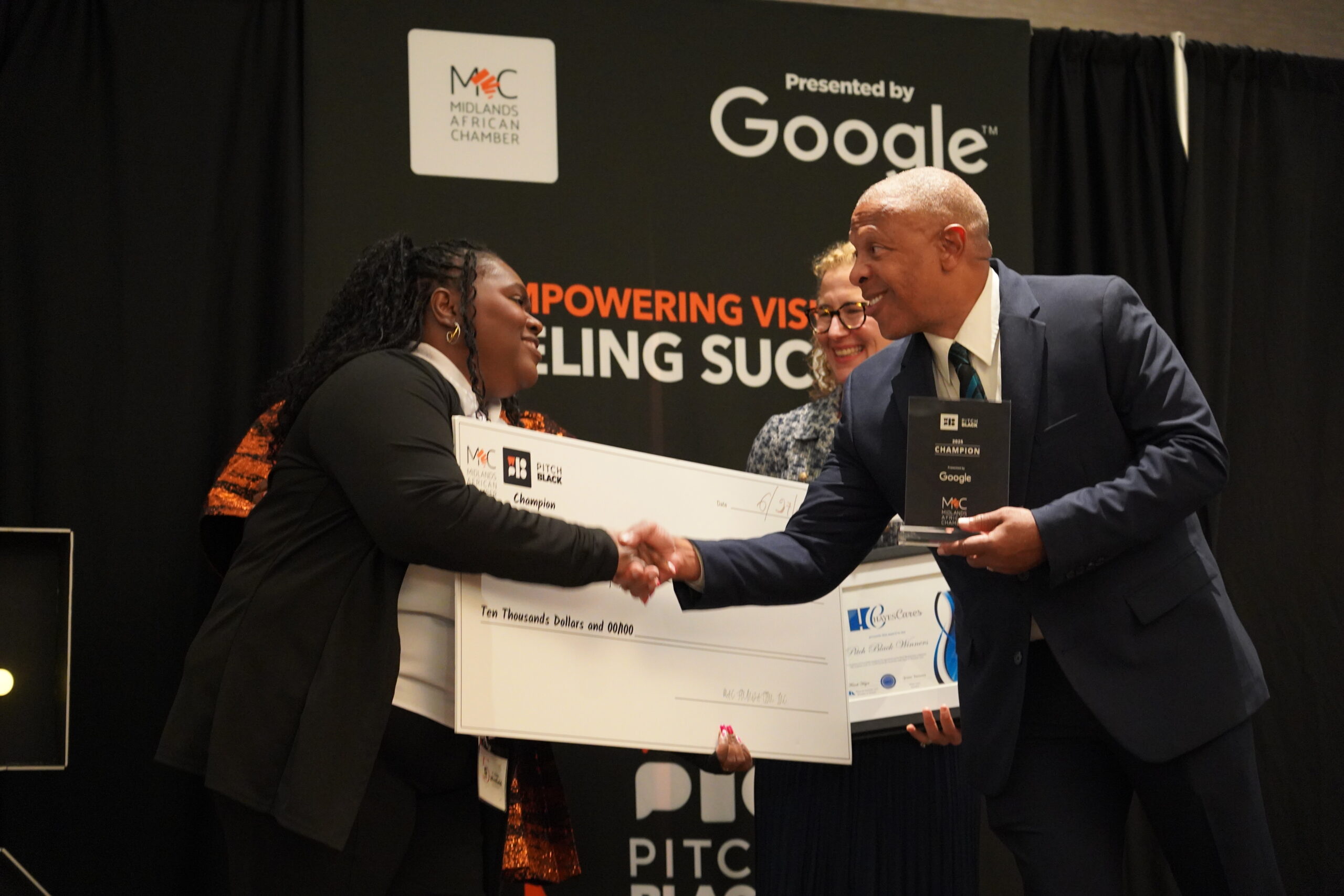 “It’s the classic Series A crunch,” Joe Ketcherside, MD, said last month as matter-of-factly as diagnosing a migraine.
“It’s the classic Series A crunch,” Joe Ketcherside, MD, said last month as matter-of-factly as diagnosing a migraine.
But this time, the former neurosurgeon wasn’t assessing a patient’s health, he was talking about the startup he recently laid to rest. When he emailed me in early April, his subject line read: “Cognovant obituary.”
The month before, Ketcherside and his co-founder Stanley Pestotnik, MS, RPh, decided to end their quest to give patients a universal mobile app to view and manage their health records.
“There’s no question that there’s a need for better tools to help patients engage and manage their health,” he said last month. But their product, PocketHealth, never saw the user adoption it needed to bring in sufficient revenue. And though it “had really good industry recognition,” Ketcherside said, it didn’t get sold to enough medical centers or businesses to take advantage of its enterprise possibilities.
“Bottom line is we ran out of money before we had enough time,” he said, ending the statement with a chuckle. “It’s simple arithmetic.”
If Ketcherside (right) was giving the eulogy of Cognovant, it was a light-hearted one. He was more than willing to share several reasons why he thought growth never came, including the wrong marketing strategy or their mistake to focus on sales to consumers instead of businesses. But in the end, he shared a caution to those thinking “mobile apps are a really cool thing.”
“Unless you’re Angry Birds, you really need to figure out what the business model is around mobile application development,” Ketcherside said, admitting he knew that at the start.
After founding the business in July 2011, the founders last May raised a $500,000 seed round. When they shut the doors in March, they had added two full-time developers and a vice president of business development to their team.
Ketcherside has moved on to another early-stage company—he’s the chief medical officer of a Memphis-based medical technology company—and the four others have either moved into consulting roles or back into the corporate world.
“We’re doing a Series A raise,” Ketcherside said of his new company. “My wife thinks I’m a nut.”
“Joy, terror and a blind leap of faith”
When asked to reflect on the past two years, Ketcherside offered a colorful description of his emotions.
Do you remember “Ren and Stimpy“? … Remember the “Happy Happy Joy Joy” song? Combine that … do you remember the total terror throughout the movie “Alien“? The original Alien with Sigourney Weaver. And then the third component of it is when Butch Cassidy and the Sundance Kid clasp hands, scream “Oh, sh-t,” and jump off the cliff into the river. So you’re combining joy, terror and a blind leap of faith. (Chuckles) That’s what sticks out for me.
A thanks to the Kansas City startup community
As our interview came to an end, Ketcherside had this to say:
Do me a favor here, stick something in the story about the strength and inspiration that I drew throughout this time from the startup community in Kansas City. From going to 1 Million Cups, from following along with Silicon Prairie News, from Big Kansas City, from Startup Grind, all the things that are happening—the things that George Brooks and the Cremalab guys, that (Think Big Partners) is doing, Nate Olson—say something in there that good times, bad times, trials, tribulations, all of it, one thing that really, really made it possible for me to even survive was this growing community in Kansas City.
Though Ketcherside’s new position is in Memphis, he said he’ll be splitting time between the two cities. One of his new company’s first clients is a medical center in Kansas City.
Credits: Joe Ketcherside photo from LinkedIn




